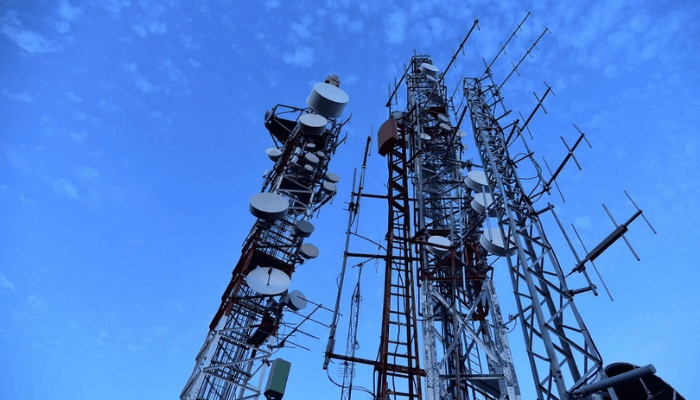The federal government’s plan to reintroduce excise duty on telecommunication services will see consumers paying more for calls.
The government is increasing the consumption tax on telecom services to 12.5 percent from the current 7.5 percent value-added tax. This move is part of a broader tax reform initiative detailed in a bill entitled, ‘A Bill for an Act to Repeal Certain Acts on Taxation and Consolidate the Legal Frameworks relating to Taxation and Enact the Nigeria Tax Act to Provide for Taxation of Income, Transactions, and Instruments, and Related Matters.’
The proposed bill seeks to unify fiscal legislation governing taxation in the country. It seeks to introduce excise duties on telecoms, gaming, gambling, lotteries, and betting services.
“Services, including telecommunications, gaming, gambling, betting, and lotteries however described, provided in Nigeria shall be charged with duties of excise at the rates specified under the Tenth Schedule to this Act in a manner as may be prescribed by the Service,” the bill read.
The bill explained that the “amount of an excisable transaction is the amount chargeable for the service by the service provider, both in money or money’s worth.”
Industry players say the tax will not only hurt consumers but will also stifle telecom firms.
“This tax is going to hurt the telecom industry and subscribers alike,” said Adeolu Ogunbanjo, president of the National Association of Telecoms Subscribers. “They are essentially trying to kill the industry by imposing more burdens on it.”
The reintroduction of the excise duty comes despite a 2023 executive order suspending the implementation of a five percent excise duty on telecom services. This tax has been contentious since it was first proposed in 2022, with telecom operators indicating they would pass the cost on to consumers.
Telcos argue they are already overtaxed. According to GSMA, the global telecom industry body, Nigeria’s telecoms industry pays over 50 different taxes to various government arms.
Read also: Talent drain threatens telecom sector growth — NCC
At the time, the Ministry of Finance Budget and National Planning, under Zainab Ahmed, had said, “The duty rate was not captured in the Act because it is the responsibility of the President to fix rates on excise duties, and he has fixed five percent for telecommunication services which include GSM. It is public knowledge that our revenue cannot run our financial obligations, so we are to shift our attention to non-oil revenue.”
Recently, Gbenga Adebayo, chairman of the Association of Licensed Telecoms Operators of Nigeria, urged Bosun Tijani, the minister of Communications, Innovation and Digital Economy, to help eliminate excise duty on telecom services.
He said, “Collaborate with the Presidential Committee on Fiscal Policy and Tax Reforms to definitively address the perennial incidence of multiple taxation in the Nigerian telecommunications sector, including the elimination of the currently suspended excise duty on telecommunications services.”
Umar Danbatta, the immediate past executive vice chairman of Nigeria Communications Commission, stated, “Telecommunication services should be exempted from excise duty because excise duty is on luxury items. That the definition and telecommunication services cannot be considered as a luxury. You know, they are a necessity. You know they have become very much about our individual lives. And they affect more than 220 million Nigerians.”
the National Association of Telecoms Subscribers, which had previously taken legal action to challenge the five percent excise duty before its suspension in 2023, plans to revive its court case following the government’s move to reintroduce the tax.
“We are going to revive the case in court,” said Ogunbanjo. “When they first introduced the five percent excise duty, we went to court, but we decided to stay-action since it hadn’t been implemented. Now that the government is moving forward, we are returning to the court.”
